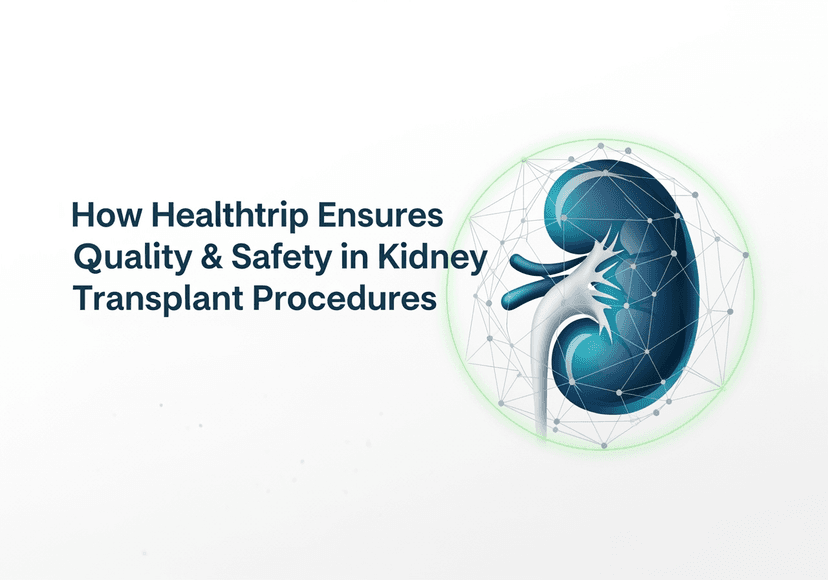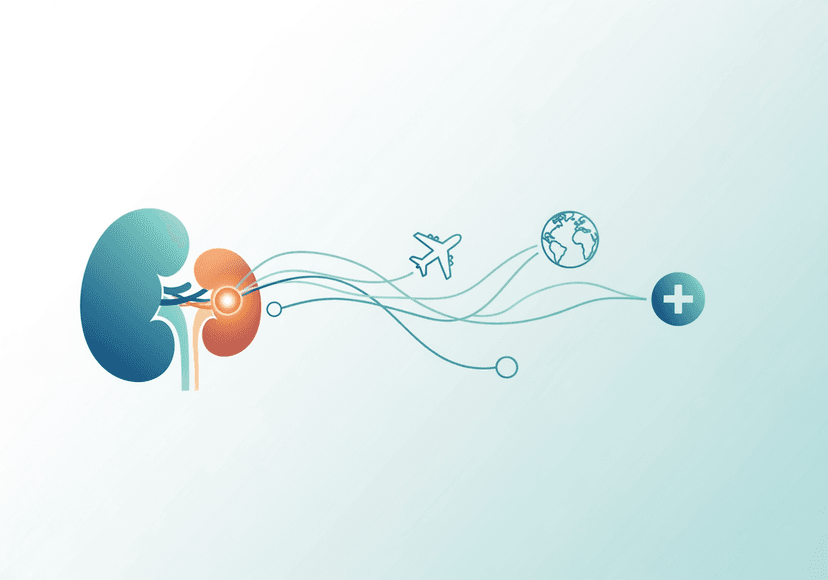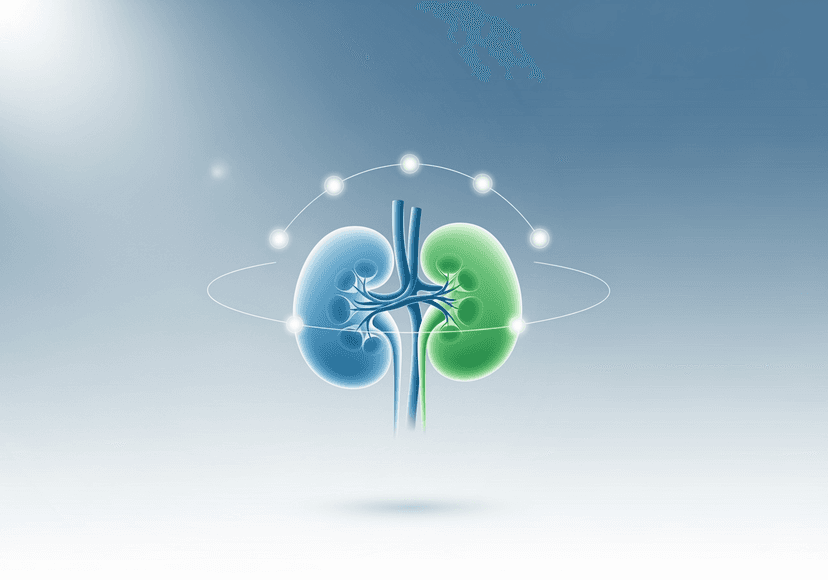
Kidney Transplant and the Importance of Sleep
12 Oct, 2024
 Healthtrip
HealthtripAs we navigate the complexities of modern life, it's easy to overlook the importance of sleep in our overall health and wellbeing. But what happens when our bodies are faced with the ultimate test of resilience - a kidney transplant? The journey to recovery is long and arduous, and it's crucial that we prioritize sleep as a vital component of the healing process. In this article, we'll delve into the world of kidney transplants, exploring the intricate dance between sleep, stress, and the human body's remarkable capacity for regeneration.
The Road to Recovery: Understanding Kidney Transplants
Kidney transplants are a life-saving procedure for individuals suffering from end-stage renal disease, a condition where the kidneys are no longer able to filter waste and excess fluids from the blood. The transplant process involves replacing the damaged kidneys with a healthy one, either from a living donor or a deceased donor. While the surgery itself is a remarkable feat of modern medicine, the road to recovery is a long and winding one, fraught with challenges and uncertainties. It's a journey that requires patience, resilience, and a deep understanding of the intricate relationships between the body's systems.
The Interplay Between Sleep and Stress
Sleep is often the first casualty of the transplant journey, with patients frequently reporting disrupted sleep patterns, insomnia, and fatigue. But why is sleep so crucial to the healing process? The answer lies in the complex interplay between sleep, stress, and the immune system. When we're under stress, our bodies produce cortisol, a hormone that helps us respond to threats. However, chronically elevated cortisol levels can suppress the immune system, making us more susceptible to infection and illness. Sleep, on the other hand, is the body's natural stress-reducer, allowing our immune systems to reboot and recharge. During sleep, our bodies produce cytokines, proteins that help fight infection and inflammation, and repair damaged tissues. It's a delicate balance, and one that's easily disrupted by the physical and emotional demands of the transplant journey.
So, how can patients prioritize sleep during this critical period? Establishing a consistent sleep schedule, creating a relaxing bedtime routine, and avoiding stimulating activities before bedtime can all help. But it's not just about getting enough sleep - it's about getting quality sleep. A dark, quiet room, free from distractions, can help regulate the body's natural sleep-wake cycle, while a comfortable, supportive mattress can reduce discomfort and pain. It's a small investment, perhaps, but one that can have a profound impact on the healing process.
The Power of Mindfulness in the Transplant Journey
Mindfulness is a buzzword that's often tossed around, but what does it really mean in the context of the transplant journey? Simply put, mindfulness is the practice of being present, fully engaged, and aware of the current moment. It's about acknowledging our thoughts, emotions, and physical sensations without judgment, and responding to them in a compassionate, gentle way. For transplant patients, mindfulness can be a powerful tool in managing stress, anxiety, and pain. By cultivating a sense of awareness and acceptance, patients can better navigate the emotional ups and downs of the journey, and find a sense of peace and calm in the midst of chaos.
Practical Strategies for Mindfulness
So, how can patients incorporate mindfulness into their daily routine? One simple strategy is to practice deep, slow breathing exercises, focusing on the sensation of the breath moving in and out of the body. This can help calm the nervous system, reduce anxiety, and promote relaxation. Another approach is to engage in gentle, low-impact exercise, such as yoga or tai chi, which can help reduce pain, improve mood, and enhance overall wellbeing. And then there's the power of journaling, a simple yet profound way to process emotions, track progress, and reflect on the journey.
Ultimately, the transplant journey is a complex, multifaceted one, full of twists and turns, triumphs and setbacks. But by prioritizing sleep, cultivating mindfulness, and embracing the complexities of the human experience, patients can navigate this journey with greater ease, resilience, and hope. It's a journey that requires patience, courage, and a deep understanding of the intricate relationships between the body's systems. But with the right mindset, the right support, and the right strategies, patients can emerge stronger, wiser, and more whole than ever before.
Most popular procedures in India
Wellness Treatments
Give yourself the time to relax
Lowest Prices Guaranteed!

Lowest Prices Guaranteed!
Related Blogs

How Healthtrip Ensures Quality & Safety in Kidney Transplant Procedures
Detailed guide on kidney transplant, featuring doctors, hospitals, risks, recovery,

End-to-End Logistics for Kidney Transplant with Healthtrip's Support
Detailed guide on kidney transplant, featuring doctors, hospitals, risks, recovery,

Healthtrip's Care Coordinators: Your Support During Kidney Transplant
Detailed guide on kidney transplant, featuring doctors, hospitals, risks, recovery,

Top 5 Indian Hospitals for Kidney Transplant
Detailed guide on kidney transplant, featuring doctors, hospitals, risks, recovery,

Post-Kidney Transplant Diet and Lifestyle Tips
Detailed guide on kidney transplant, featuring doctors, hospitals, risks, recovery,

Common Risks in Kidney Transplant and How Healthtrip Manages Them
Detailed guide on kidney transplant, featuring doctors, hospitals, risks, recovery,










